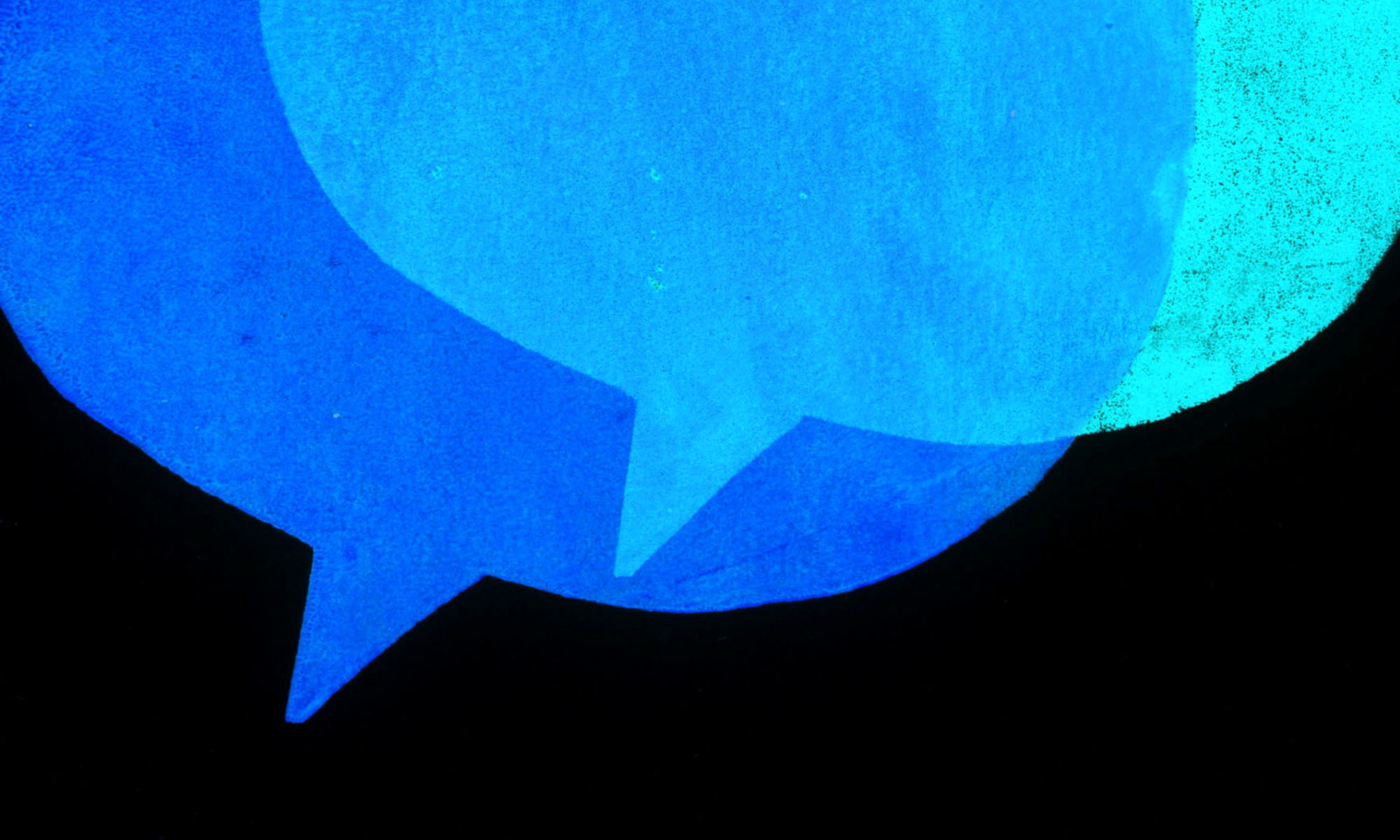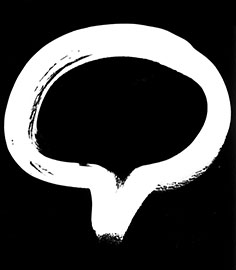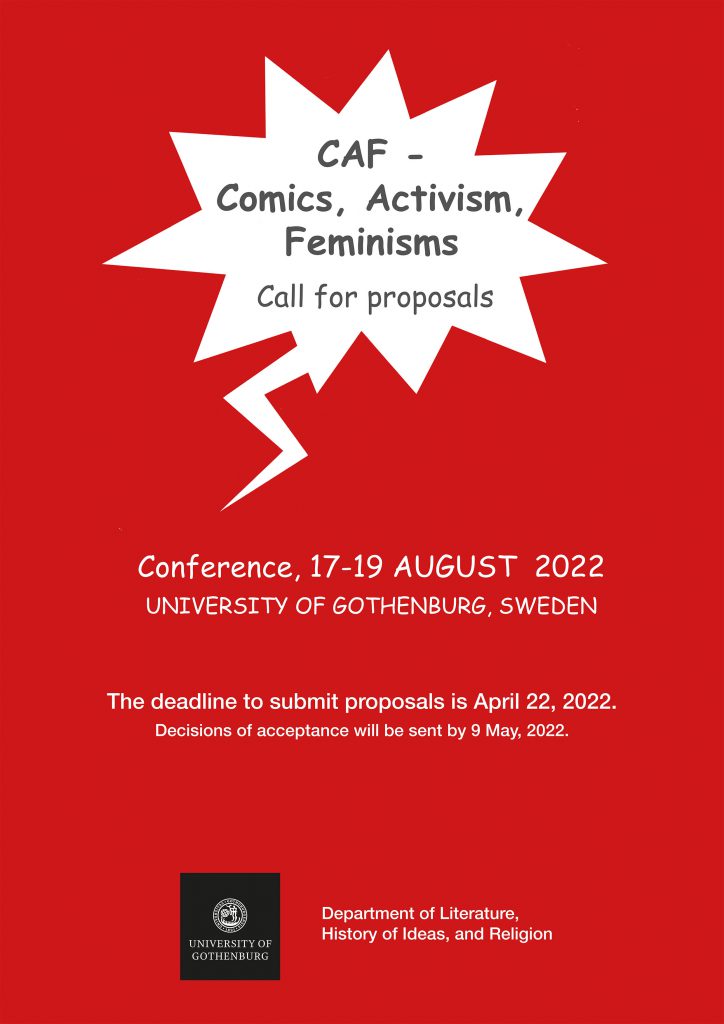The founding- and managing editors of SANEjournal: sequential art narrative in education seek critical, evaluative, reflective works from those engaged in the making, preserving, teaching, and studying of comics through the creation of comics studies programs, the stewardship of comics libraries and comics collections within libraries, and the establishing of comics studies-associated journals.
We seek pieces that address the history, evolution, and even devolution or dissolvement of such entities.
Essentially, what is the biology, the evolution, the story of your program, collection, or journal? How does your creation or the creation under your current or previous care reflect a situatedness in its field and the ontological, teleological, and epistemologies surrounding it, both in relation to current exigencies but in relation to the past as well?
What has worked to keep your artifact thriving?
What did not work?
What processes, people, and supports were in place – or not in place – to facilitate success or failure?
What happens or happened to you when a program, collection, or journal fail/ed?
What are the essential qualities needed for such projects to initialize? To grow? To sustain? To come to a close?
Can the process of success and failure within these three domains best be illuminated through a particular – or particular set – of critical lenses?
What truths need to be told? What keeps the truths associated with the types of reflections we seek from being told forthrightly?
What issues, in your estimation, continue to go unresolved regarding the proliferation of existing and future programs of study, collections, and journals within comics studies?
Methodological approaches to addressing these questions are acceptable for consideration, as well as critical and reflective approaches.
Example essays might have titles such as “The Making and Breaking of a Comics Studies Major: The Story of Comics at Middle-Ground State University, 1999-2010” “Preserving (and Persevering) Against All Odds as the Oddball Special Collection,” “Maintaining an Open-Access Comics Studies Journal that is Actually Open: Resisting the Appeal of Commerce and Profit,” “The History of —-,” or “An Examination of the Life of a Comics Studies Program through the Ecological Lens: 7 Principles
SANE Journal https://digitalcommons.unl.edu/sane/
Kind regards,
Richard Graham
Associate Professor – Chair, Teaching and Learning PartnershipsCourtesy Professor- Department of English



